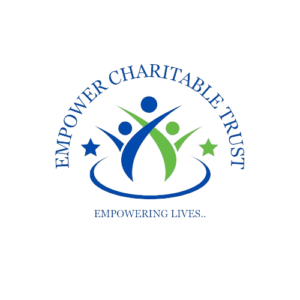CV Building:
- Personal Information:
- Include your full name, contact information (phone number, email address), and location (city, state).
- Professional Summary/Objective:
- Provide a brief overview of your skills, experiences, and career goals. Tailor this section to match the job you’re applying for.
- Education:
- List your educational qualifications in reverse chronological order, starting with the most recent. Include the name of the institution, degree earned, and graduation year.
- Work Experience:
- Detail your work history, including job titles, company names, and dates of employment. Use bullet points to describe your responsibilities and accomplishments in each role, focusing on quantifiable achievements.
- Skills:
- Highlight relevant skills, both technical and soft, that are applicable to the job. This could include languages spoken, software proficiency, leadership abilities, etc.
- Achievements and Awards:
- Showcase any notable achievements, awards, or certifications that demonstrate your capabilities and accomplishments.
- Volunteer Work/Extracurricular Activities:
- Include any volunteer work, internships, or extracurricular activities that are relevant to the job or demonstrate valuable skills and experiences.
- References:
- Optionally, provide references from previous employers or mentors who can vouch for your skills and character. Make sure to obtain permission from your references before listing them on your CV.
Interview Etiquette:
- Research the Company:
- Learn about the company’s mission, values, products/services, and recent news. This will demonstrate your interest and preparation during the interview.
- Dress Appropriately:
- Dress professionally and according to the company’s dress code. When in doubt, it’s better to be slightly overdressed than underdressed.
- Arrive Early:
- Aim to arrive at least 10-15 minutes before your scheduled interview time. This shows punctuality and respect for the interviewer’s time.
- Body Language:
- Maintain good posture, make eye contact, and offer a firm handshake when greeting the interviewer. Avoid fidgeting or slouching, as these can convey nervousness.
- Listen Carefully:
- Listen attentively to the interviewer’s questions and respond thoughtfully. Take your time to formulate your answers, and don’t hesitate to ask for clarification if needed.
- Highlight Your Achievements:
- Use specific examples from your experiences to illustrate your skills and accomplishments. Quantify your achievements whenever possible to provide context and demonstrate your impact.
- Ask Questions:
- Prepare a few thoughtful questions to ask the interviewer about the company culture, team dynamics, or the role itself. This shows your interest in the position and allows you to gather valuable information.
- Follow-Up:
- Send a thank-you email or note to the interviewer within 24 hours of the interview. Express your gratitude for the opportunity and reiterate your interest in the position.
By following these guidelines for CV building and interview etiquette, you’ll be well-equipped to showcase your qualifications and make a positive impression on potential employers. Good luck!
